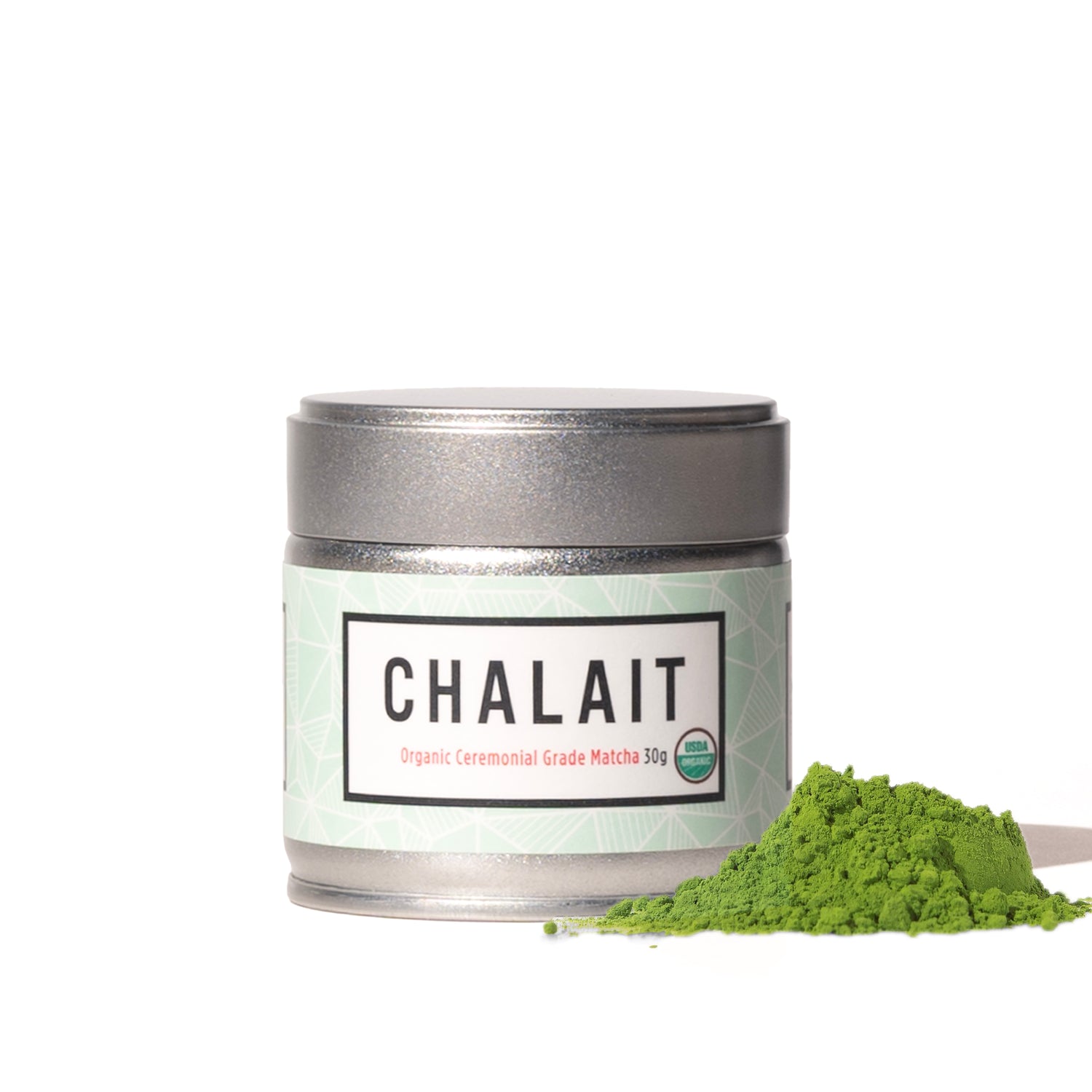An overwhelming list of question often accompanies an overwhelming joy of a new pregnancy. Researching what’s safe and what’s not is likely to become one of your priorities.
While Camellia sinensis teas are generally considered safe during pregnancy, there are many things to take into consideration before deciding whether you should continue drinking tea.
If you are an avid tea drinker, it may be difficult to imagine many months without tea. But as every person and every pregnancy are different, you may not necessarily need to give up on it completely.
The best way to make the right decision for yourself and your baby is to learn more about your health, pregnancy, and tea.
7 things you need to know about matcha tea and pregnancy
1. Understand the potential health implications of drinking tea during pregnancy
Matcha is made from Camellia sinensis tea plant. It’s a type of Japanese powdered green tea produced from shaded tea leaves. Matcha contains the same compounds as other green teas, but in different amounts.
Is drinking matcha in pregnancy safe? Up to this day, there is not enough research to claim that matcha would be safe or unsafe during pregnancy. While there are studies focused on the impact of green tea extracts, tea compounds and different Camellia sinensis teas, there aren’t specific studies that would look at the impact of matcha consumption on pregnancy.
2. Consult your health care practitioner
Some expectant mothers may feel confident continuing their tea drinking habit, while others may decide to give up on tea completely. Whether or not you decide to continue drinking tea, you should be comfortable with your decision. Always consult your doctor or other professional health care practitioner before deciding to continue drinking tea. They are informed about your health and will give you the best professional advice.
3. Choose authentic high-quality tea
Once you get the green light from your doctor and decide to keep drinking matcha or any other green tea, choose authentic high-quality products. Not all matcha teas are authentic and grown from shaded tea plants, and some may not be produced in controlled environments. Choosing authentic high-quality tea sourced from trustworthy farms will give you the peace of mind and help avoid potential adulterants.
Learn more about different grades of matcha.
4. Pay attention to caffeine
Every Camellia sinensis tea contains caffeine. Recommended daily caffeine intake in pregnancy is up to 200 mg and includes caffeine from all sources, not only tea. Camellia sinensis tea and coffee are not the only drinks that contain caffeine – some soft drinks, dark and milk chocolate and decaffeinated tea and coffee contain it too. For example, an 8 oz cup of decaf coffee may contain up to 15 mg [1], 60 grams of dark chocolate will have 20 mg [2] and a 12 oz can of soft caffeinated drink may contain up to 40 mg of caffeine [3].
How much caffeine is in your cup of tea will depend on many factors. Some of them are:
- Which tea cultivar was used for making tea
- How the tea was grown
- How the tea was produced
- Brewing or preparing method
On average, expect about 30 mg of caffeine per gram of authentic matcha. However, since every matcha is different, this amount may vary. A recent study on the chemical composition of matcha found the amount of caffeine to fall between 18.9 to 44.4 milligrams per gram of powder [4].
5. Follow matcha preparation guidelines
Following brewing guidelines will help you determine how much caffeine you are actually ingesting. To make one cup of traditionally prepared matcha, you will need approximately 1.5-2 grams of powder. This equals to 2 chashaku (traditional wooden matcha scoop) of tea powder.
6. Avoid tea supplements
Tea extracts or supplements such as EGCG, green tea extract, caffeine, L-theanine or matcha pills are best avoided when pregnant and lactating. Food supplements are not regulated as medicine. They are often highly potent and may easily cause side effects.
7. Choose and drink pure tea powders
While there are many delicious pre-made flavored matcha and latte tea powders on the market, it’s best to choose pure teas instead. Flavored tea powders may contain herbs that are not safe during pregnancy and a lot of added sugar. Some studies showed that eating too much sugar may create different pregnancy complications [5] [6]. If you used to drink sweetened matcha, switch to pure organic matcha instead.
Takeaway
To take the best possible care of yourself and your baby during pregnancy, always consult your doctor first. While all pure real teas are generally considered safe during pregnancy, even with the doctor’s approval, it’s best to take extra precautions - make sure you are drinking high quality tea, avoid any unnecessary sugars and supplements, and limit your daily caffeine intake.
List of Sources:
[1] https://www.fda.gov/consumers/consumer-updates/spilling-beans-how-much-caffeine-too-much
[2] https://www.researchgate.net/publication/356606218_CAFFEINE_CHOCOLATE_PERFORMANCE_AND_MOOD
[3] https://www.fda.gov/consumers/consumer-updates/spilling-beans-how-much-caffeine-too-much


